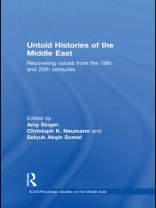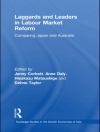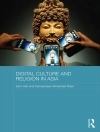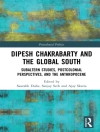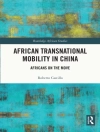Much traditional historiography consciously and unconsciously glosses over certain discourses, narratives, and practices. This book examines silences or omissions in Middle Eastern history at the turn of the twenty-first century, to give a fuller account of the society, culture and politics.
With a particular focus on the Ottoman Empire, Turkey, Egypt, Iran and Palestine, the contributors consider how and why such silences occur, as well as the timing and motivation for breaking them. Introducing unexpected, sometimes counter-intuitive, issues in history, chapters examine:
- women and children survivors of the Armenian massacres in 1915
- Greek-Orthodox subjects who supported the Ottoman empire and the formation of the Turkish republic
- the conflicts among Palestinians during the revolt of 1936-39
- pre-marital sex in modern Egypt
- Arab authors writing about the Balkans
- the economic, not national or racial, origins of anti-Armenian violence
- the European women who married Muslim Egyptians
Drawing on a wide range of sources and methodologies, such as interviews; newly-discovered archives; fictional accounts; and memoirs, each chapter analyses a story and its suppression, considering how their absences have affected our previous understandings of the history of the Middle East.
